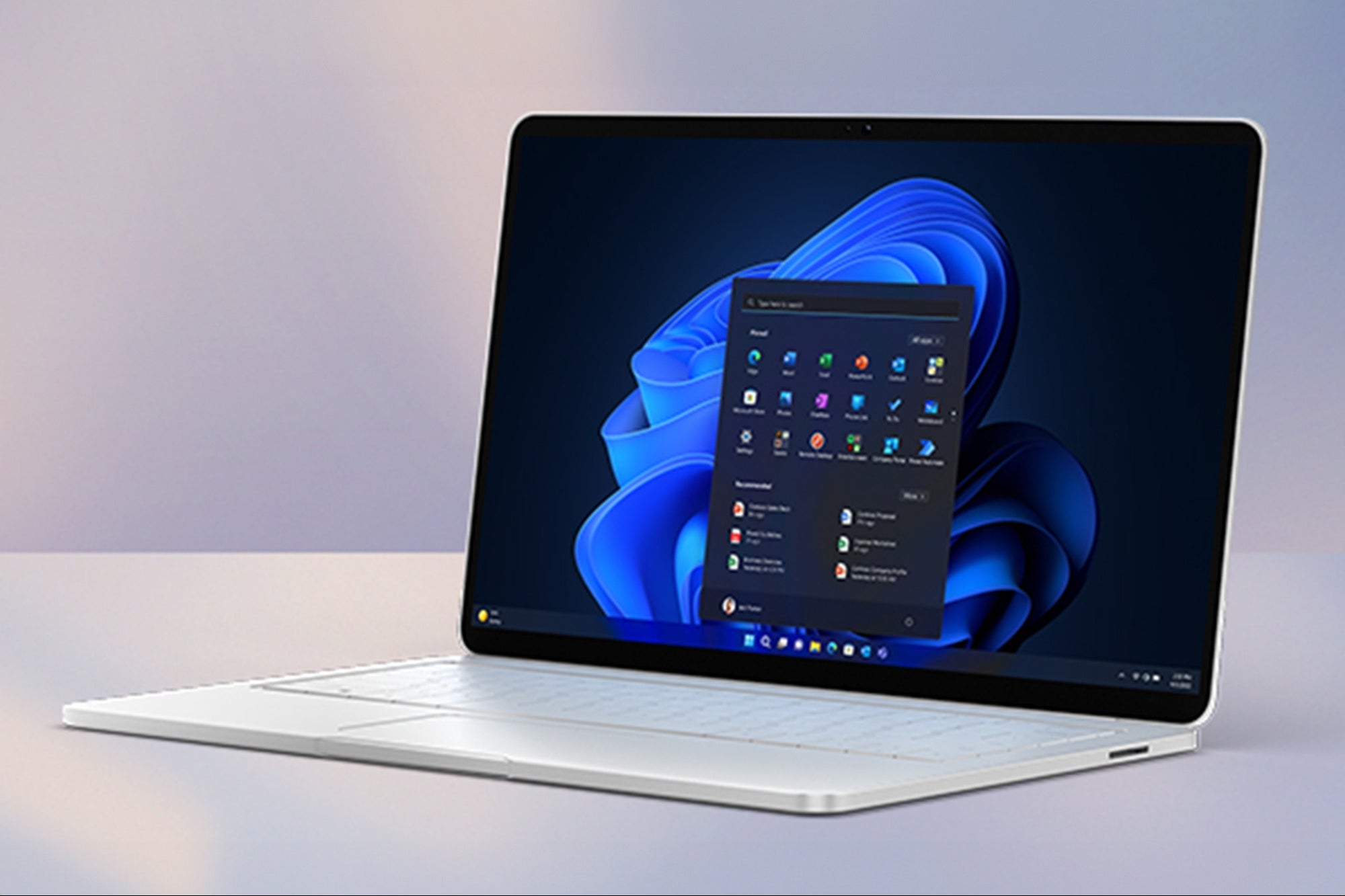You're Sabotaging Your Startup By Doing Everything Alone — Here's Why You Need Founder Friends For founders, especially solo founders, having someone who understands the unique pressure of building something from scratch can make all the difference.
By Aytekin Tank Edited by Kara McIntyre
Key Takeaways
- Having a mentor is powerful, but having peers to talk to provides something mentors can't always give you: emotional resonance.
- Building a network of founder friends is crucial, and you can do this through online communities, local meetups and leveraging existing connections.
Opinions expressed by Entrepreneur contributors are their own.
Starting a business can be a lonely endeavor. No matter how confident you are in your product and in yourself, there will always be times when doubt creeps in — usually just as you're trying to fall asleep.
These crises of confidence can be fatal to your vision, but they don't have to be. And one way to stave off the startup scaries is by having other founders in your life to lean on.
Back when Jotform was a company of one (me), I had a close friend who was also a fellow early-stage founder. His idea — selling beauty products online — was conceptually completely different from mine, but that didn't matter. We were facing the same struggles, the same uncertainties and many of the same difficult decisions.
Each week, we'd spend hours walking through New York, hashing out our ideas as we traversed the cobbled streets of SoHo to the tree-lined walking paths of Brooklyn Heights. We'd exchange marketing and SEO ideas, workshopping products and sales strategies. We celebrated each other's small wins — like landing a new customer or finally fixing a stubborn bug — and vented about the setbacks. Those conversations didn't just make me feel less alone; they sharpened my thinking and kept me accountable. In a phase of life where so much felt uncertain, that kind of camaraderie was invaluable.
For founders, especially solo founders, having someone who understands the unique pressure of building something from scratch can make all the difference. Here's why.
Related: You Can't Succeed Alone — Why Small Businesses Must Work Together
The power of peers vs. mentors
I believe strongly in the power of mentors, and think everyone should have one. Mentors have been in your shoes and can offer sage advice that comes from experience and hindsight. But while mentors are indispensable, peers bring something different — and equally essential — to the table.
A mentor can tell you how they handled a particular situation five or 10 years ago. A peer, on the other hand, can tell you what they did last week — and whether it worked. The advice is current, and the exchange goes both ways. You're not just receiving guidance, you're collaborating.
Peers also provide something mentors can't always offer: emotional resonance. They're in the trenches with you, facing the same economic climate, technological changes and customer expectations. There's no need to explain why a poorly executed launch or bad hire feels devastating. They already know. That shared understanding builds trust fast, and trust leads to lasting bonds.
In those early walks with my founder friend, we weren't pretending to have it all figured out. We were troubleshooting in real time, riffing on ideas, asking questions and giving each other the push we needed to keep going. It didn't matter that our products were different — what mattered was that our challenges were the same. I also found that working through his business issues gave my brain a needed break from focusing on my own. Oftentimes, I'd return to my desk afterwards with fresh insights I would never have had if I'd kept spiraling on my own bumps in the road.
Related: I Mentor First-Time Entrepreneurs — These Are the 4 Unseen Benefits I Gained By Giving Back
Where to find founder friends
These days, most of my close friends are also fellow founders. Running a business is pretty consuming, but we don't just talk strategy — our conversation drifts equally around the people we hire, our company cultures and how to be motivational leaders. I've learned so much during our hangouts over coffee or beer that no book or YouTube video could ever have taught me.
If you're launching a business but don't yet have a built-in founder community, don't despair. These days, there are tons of resources for connecting with like-minded people. Subreddits like r/Entrepreneur and communities like Indie Hackers are great starting points, but don't just stop at making online connections. Check your city for tech meetups — with startups more geographically dispersed than ever, you don't need to live in New York or the Bay Area to find one near you. And as with most things, your existing network is one of your most powerful resources. Make it known you're looking to build up your community of fellow founders. In all likelihood, you know someone who knows someone doing the same.
If you're an introvert like me, you may find all this intimidating. But the truth is, so much of running a business is relationship-building. And remember, these early meetups don't have to be formal. A 20-minute coffee chat can lead to years of camaraderie.
Once you've made a connection, carve out space for it. My friend and I had our weekly walks in New York. You might have a 30-minute Zoom every other Friday, or a WhatsApp thread where you trade updates and cheer each other on. Consistency is key. These conversations are most powerful when they become habitual, rather than a one-off.
And finally — be honest. This isn't an interview. You don't need to posture or pretend. Talk about the idea that fizzled. Be real about your scaling woes. Vulnerability is what makes relationships meaningful. It's also what makes them useful. Because the goal isn't to impress, it's to grow.
Building a business will always come with moments of doubt. But having people around you who truly understand what you're going through can make the path feel a lot less lonely.












